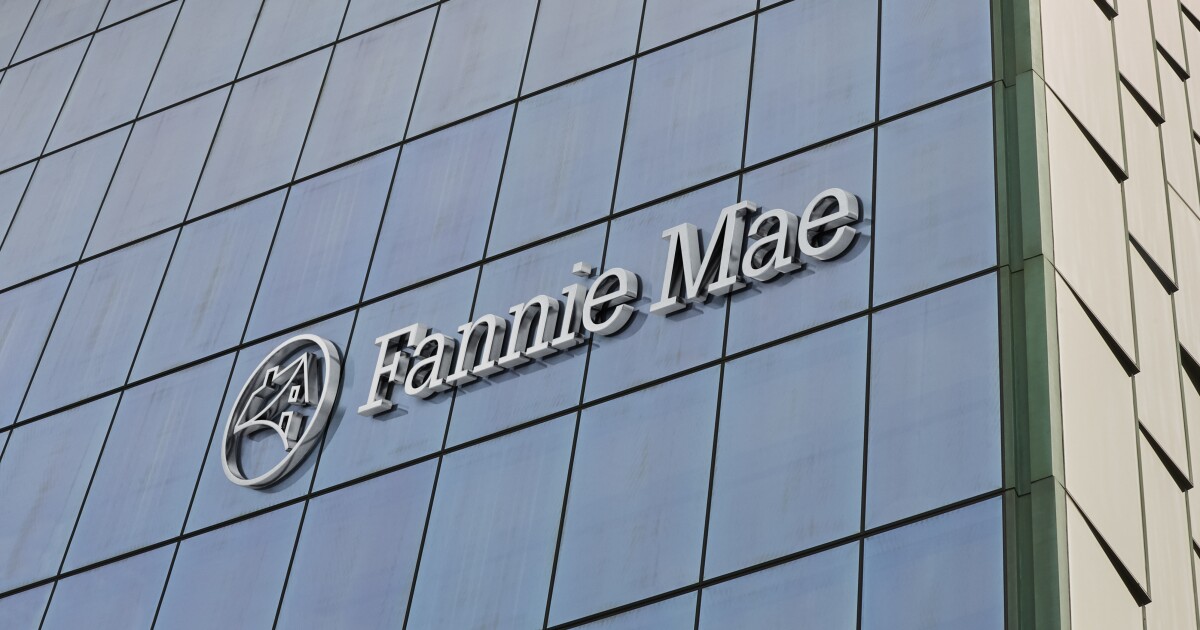Enjoy complimentary access to top ideas and insights — selected by our editors.
An already contentious election season became more turbulent on July 21 when President Joe Biden dropped out of the presidential race, endorsing his Vice President Kamala Harris as the democratic candidate. The move came just days after the Republican National Convention, where candidate and former President Donald Trump announced Senator JD Vance as his running mate. For voters, the question remains: How do these new players' policies stack up?
Vice President Harris doesn't have strong progressive credentials on banking issues. She's taken criticism, for example, for declining to prosecute OneWest Bank or its then-CEO Steven Mnuchin, despite the California Department of Justice's recommendation to do so when the bank was found to have participated in "widespread misconduct" when foreclosing on homes.
Now, all eyes are on how Harris will navigate ongoing housing and mortgage concerns. Just days before he exited the race, President Biden proposed a nationwide cap on rent increases, with a suggested max of 5%, in hopes of curbing increasing housing costs. As Harris develops and proposes her own policies, it's unclear how much they will mirror or depart from Biden's.
Read more: How Project 2025 would change U.S. mortgage policy
Meanwhile, Ohio senator JD Vance continues to connect housing issues to immigration. In a Senate Banking Committee hearing on rural housing legislation last May, Vance said the housing crisis is partially caused by what he sees as the more lax immigration policies of the Biden administration and the overall Democratic Party. To support his argument, Vance cited what he described as increases in housing costs and rents following mass immigration into metro areas, towns and counties.
Starter homes have been the most impacted by the housing inventory shortage, and their prices have remained elevated. Vance said that as a result of Immigrants typically settling down in neighborhoods with the lowest housing values other Americans are unable to enter the market.
"In the neighborhood where you have the highest inflow of immigration, you also have declining home prices," Vance said during the hearing. "Rich people who have homes in low immigration areas benefit from mass immigration policies and everybody else finds the American dream of homeownership further and further away because we've effectively invited five to 10 million people into our country to break our laws."
Read more: How would a second Trump presidency change the mortgage industry?
Read more about the housing and mortgage issues that are involved with this election.




